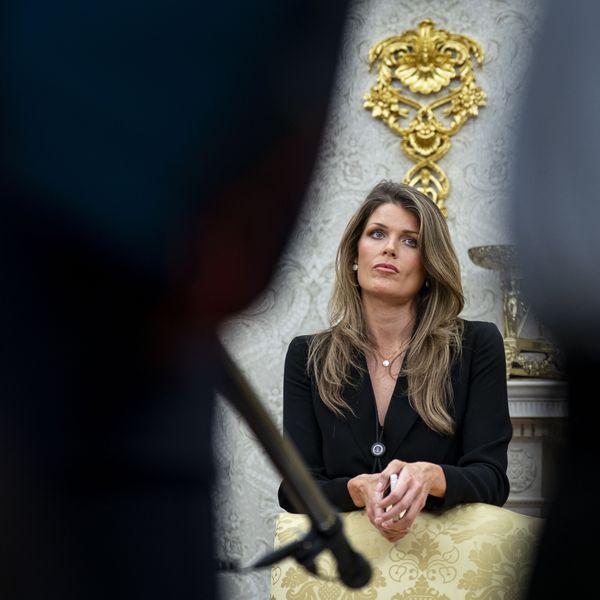If the Academy Award didn't get the world to heed Al Gore on the threat of global warming, maybe the Nobel Prize will. The decision of the Nobel committee to award the 2007 peace prize jointly to Gore and the United Nations Intergovernmental Panel on Climate Change gives the former vice president his most exalted platform yet from which to speak the truth about how dangerously mankind is degrading the environment.
In recent years, the Nobel committee has expanded its vision of peacemakers beyond traditional heads of state to include citizen activists in various fields, such as the current Nobel laureate Muhammad Yunus of Bangladesh, who promotes microlending, and the Kenyan Wangari Maathai, founder of the greenbelt movement, which combats desertification. Gore's award is firmly in this vein. But no one should doubt that global warming can affect world peace.
First, the dire effects of climate change are felt most severely in the poorest, least stable nations. Droughts, floods, desertification, and crop failures upend whole societies, creating refugee crises and resource wars. The horror of Darfur, in many ways a struggle over water and arable land, is just one example. In Haiti, degradation of the land also has contributed to violent strife.
If the problems of climate change cause civil conflict, its solutions often promote democracy and peace. From the grass roots to the corridors of power, reversing global warming demands cross-border cooperation and more equitable distribution of scarce resources.
Gore shares the prize with the UN panel, a group of 2,500 eminent scientists from 130 countries who for the last 20 years have defied skeptics and, in the committee's words, created "an ever-broader informed consensus about the connection between human activities and global warming." The world's 6 billion people must be made to accept global warming's hard truth and its even harder consequences, because serious behavioral changes will be required. "Action is necessary now," the committee warns, "before climate change moves beyond man's control."
The Nobel committee has seen the future of global conflict, and the environment is at the center of the effort to prevent war and promote peace. Gore yesterday called solving the climate crisis "a moral and spiritual challenge." It must now also be seen as a security imperative for the world.
(c) 2007 The Boston Globe


